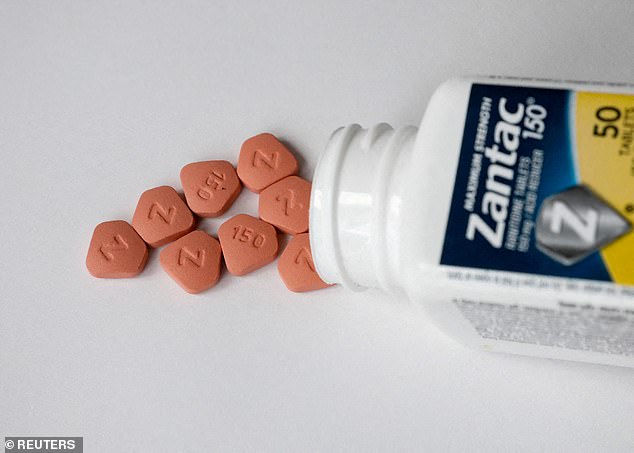The British pharmaceutical company GlaxoSmithKline (GSK) has faced accusations of concealing a study purportedly demonstrating a connection between its drug Zantac and cancer A fresh lawsuit has been filed, according to reports.
A pension fund has initiated a class-action lawsuit against the company in the United States, accusing GlaxoSmithKline (GSK) and three top officials, including CEO Emma Walmsley, of deceiving shareholders by stating they were unaware of any link between their heartburn drug Zantac and cancer risks.
Zantac hit the market in the UK in 1981, and by 1988, it had become the globe’s quickest-selling medication.
However, in 2019, GSK removed it from the market in both the UK and the US due to concerns that ranitidine, an ingredient within it, formed a potentially cancer-causing chemical when mixed with nitrates, commonly present in various food items.
In the United States, tens of thousands of individuals pursued compensation. At that time, GSK stated that the prevailing scientific opinion was that there was 'no consistent or reliable evidence suggesting that ranitidine raises the risk of ... cancer'.
In October, GSK stated that they had incurred $2.2 billion in expenses to settle 93 percent of the cases without acknowledging fault.
However, in a legal case submitted to the US district court in Pennsylvania The Roofers Local No. 149 Pension Fund claimed that GSK knew about the connection between Zantac and cancer for approximately 40 years prior to removing the drug from the market.




Legal papers assert that in 1982, Richard Tanner, who was a researcher at Glaxo—a company that later became part of GSK—discovered that when ranitidine came into contact with nitrites, it generated approximately 232,000 nanograms of NDMA, which is a cancer-causing substance.
Subsequently, the American pharmaceutical regulatory authority declared that a drug should contain no more than 96 nanograms as acceptable levels.
The allegation asserts that Glaxo and GSK concealed the report, resulting in 'financial damage' for investors as GSK's stock value declined due to the legal proceedings.
GSK stated: "We're currently examining this legal case."
Since 2019, after reviewing 16 epidemiological studies examining human data related to the use of ranitidine, the scientific community has concluded that there is no consistent or dependable evidence suggesting that ranitidine raises the risk of developing any form of cancer.
After the initial Zantac personal injury lawsuit was filed in 2019, we reported the associated legal actions concerning Zantac as a possible risk factor and maintained regular communication with our shareholders.
Read more